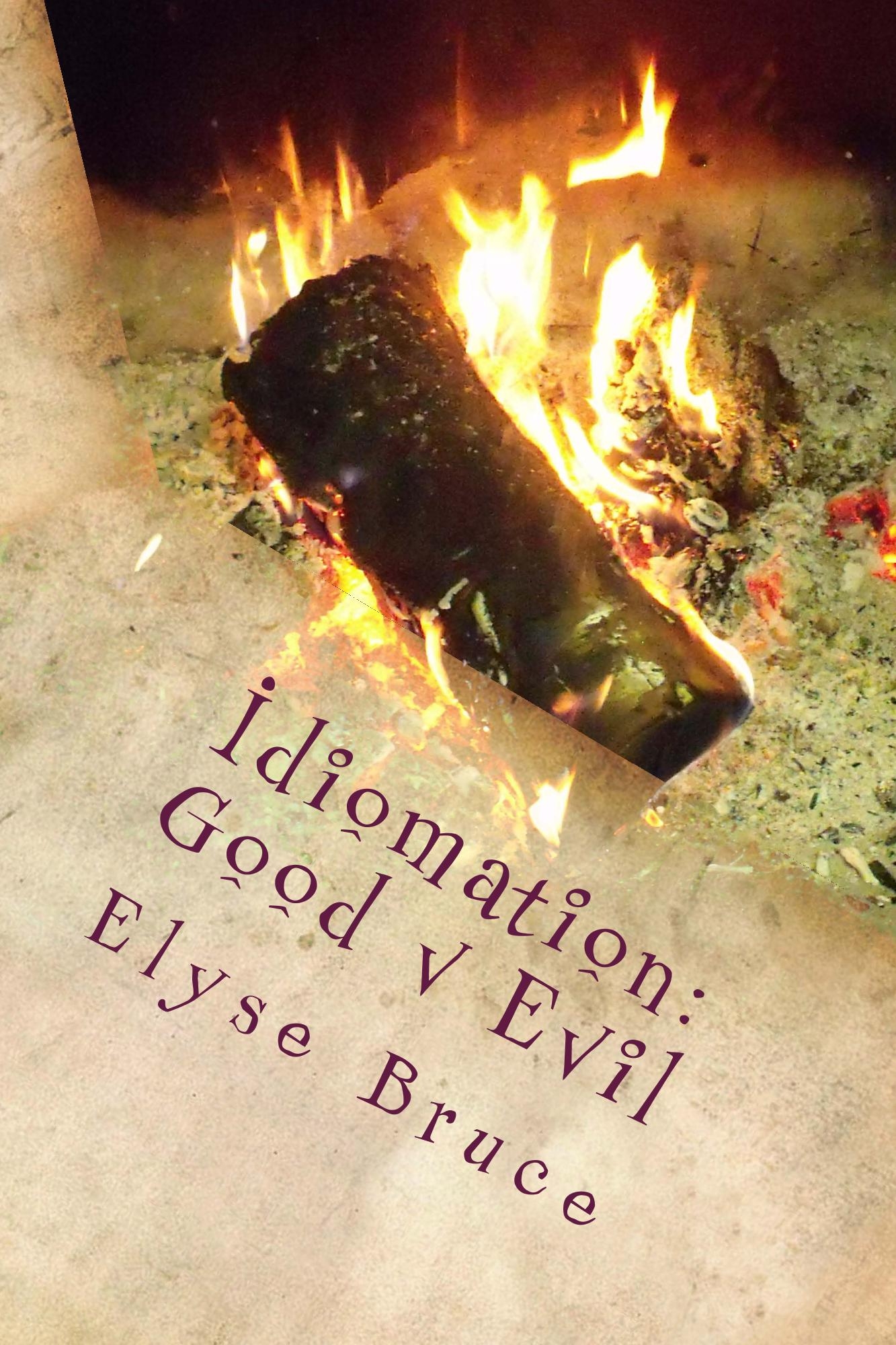The Coast Is Clear
Posted by Admin on May 9, 2011
When there’s no visible danger on the horizon, either literally or figuratively, then the coast is clear. These days, people tend to use the phrase when they are about to do something they shouldn’t be doing in the first place and they have done their best to escape detection, usually by authorities such as teachers, security guards, police officers, coast guards and other enforcement figures.
Dear Abby ran a letter in her column that was printed in the Toledo Blade newspaper on November 12, 1958. The letter from a reader named “Happy” read in part:
My neighbor across the court is a sly one and she thinks she is getting away with something. She can fool her husband but she can’t fool me. When she leaves her window shades half-up that means “the coast is clear.” When she hangs something upside down on the clothesline it means “not tonight.”
Back on March 14, 1900, the New York Times ran a story entitled, “Burr Raids A Gambling Room: No Official Move Against the Gambling Commission.” The story dealt with the fact that a number of gambling houses had overrun New York City and there was evidence that some precinct captains and officers were looking the other way. It read in part:
Superintendent Burr of the Society for the Prevention of Crime, with six detectives from the West Forty-seventh Street Station, last night made a raid on a large gambling room at 1487 Broadway and arrested sixteen men. They found a faro game going, red and black, Klondike, poker, and confiscated the paraphernalia. The Police Department and the District Attorney’s office have shown the gamblers and their protectors plainly that there is nothing to be feared from them. In that direction the coast is clear enough, but they have reckoned without their host if they believe that all power to stop the systematic bribery ends there.
Going back another 40 years, the Weekly Dispatch newspaper published in St. Thomas, County of Elgin in Ontario (Canada) ran a fictional story written by Captain Oakum entitled, “A Yarn Of Tom Wilkie: His Enemies and Friends.” A snippet from the story shows how the phrase was used in 1860.
“By no means, not an hour after the money’s gone.”
“But suppose the gentleman should fly off the handle at the first exposure — what are your plans?”
“Live in Carson’s stow-away till the coast is clear and then make tracks for parts unknown. I have, you know, funds enough for that emergency. Nothing has been overlooked; you are safe, however, under every circumstance.”
“Brother, I am sorry that a man of your talents should put them to so bad a use. Let me entreat you, even now to take the back track. I have seemed to sympathise with you, that I might learn the curse you intended to pursue; that course will surely lead you to ruin; and all for what? — to obtain the means for gambling.”
Nearly 100 years before the publication of Captain Oakum’s story, Lieutenant Benjamin Gilbert wrote a letter to Daniel Gould on May 6, 1783. It was written just 3 weeks after the U.S. Congress ratified the provisional treaty of peace between the United States and Great Britain and 3 months after a general armistice between the United States and Great Britain took effect. It was nearly 2 months after George Washington alerted Congress that the army was on the brink of mutiny as well as nearly 2 months after Washington had addressed his officers in what later become known as the “Newburgh Conspiracy” where he appealed to their honour and loyalty. The letter Lieutenant Benjamin Gilbert wrote read in part:
The prospect of speedily returning to the likes of private life fills my heart with raptures. The definitive treaty is not signed or, if signed, is not come to hand. Carlson is in possession of New York and no prospect of his speedily leaving it. To quit the field before our coast is clear would argue of a total want of sense. Neither shall we, but we remain inactive without imployment, and under such restrictions that we can make no arrangements for Domestic life.
In the town of Groningen (Holland), a statue with an inscription below it can be found. Since 1673, it has commemorated an historically documented siege when the besiegers were unable to prevent supplies from being into the town which led to their eventual retreat. The words beneath the image translate loosely to be: while the coast is clear, there is little to fear.
In the William Shakespeare play “Henry VI” written and published in 1591, the following exchange is found in Part 1:
MAYOR:
I’ll call for clubs if you will not away
[Aside] This cardinal’s more haughty than the devil.
GLOUCESTER:
Mayor, farewell. Thou dost but what thou mayst.
WINCHESTER:
Abominable Gloucester, guard they head,
For I intend to have it ere long.
[Exeunt, severally, Gloucester and Winchester with their Servingmen]
MAYOR:
See the coast clear and then we will depart.
[Aside] Good God, these nobles should such stomachs bear!
I myself fight not once in forty year.
The Spanish equivalent to the phrase the coast is clear is “no hay Moros en la costa” which means there are no Moors on the coast. This literal expression dates back to the Battle of Las Navas de Tolosa (1212) during the Crusades.


D.C. said
Wow. I would have assumed it originated with Shakespeare. Clearly the phrasing is very old indeed. Informative. Thanks!
Johnny Smith said
I congratulate you on this subject saw elsewhere 1500s had to laugh you nailed it. Refreshing when someone gets it right